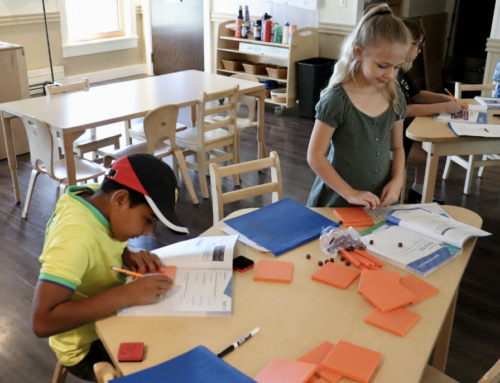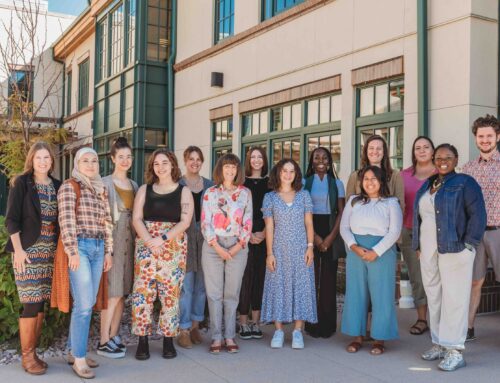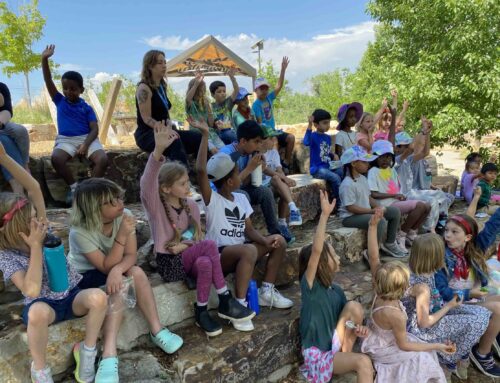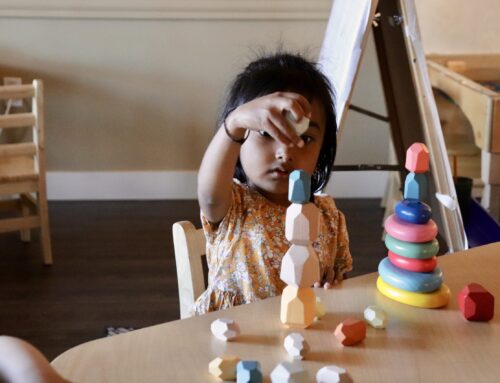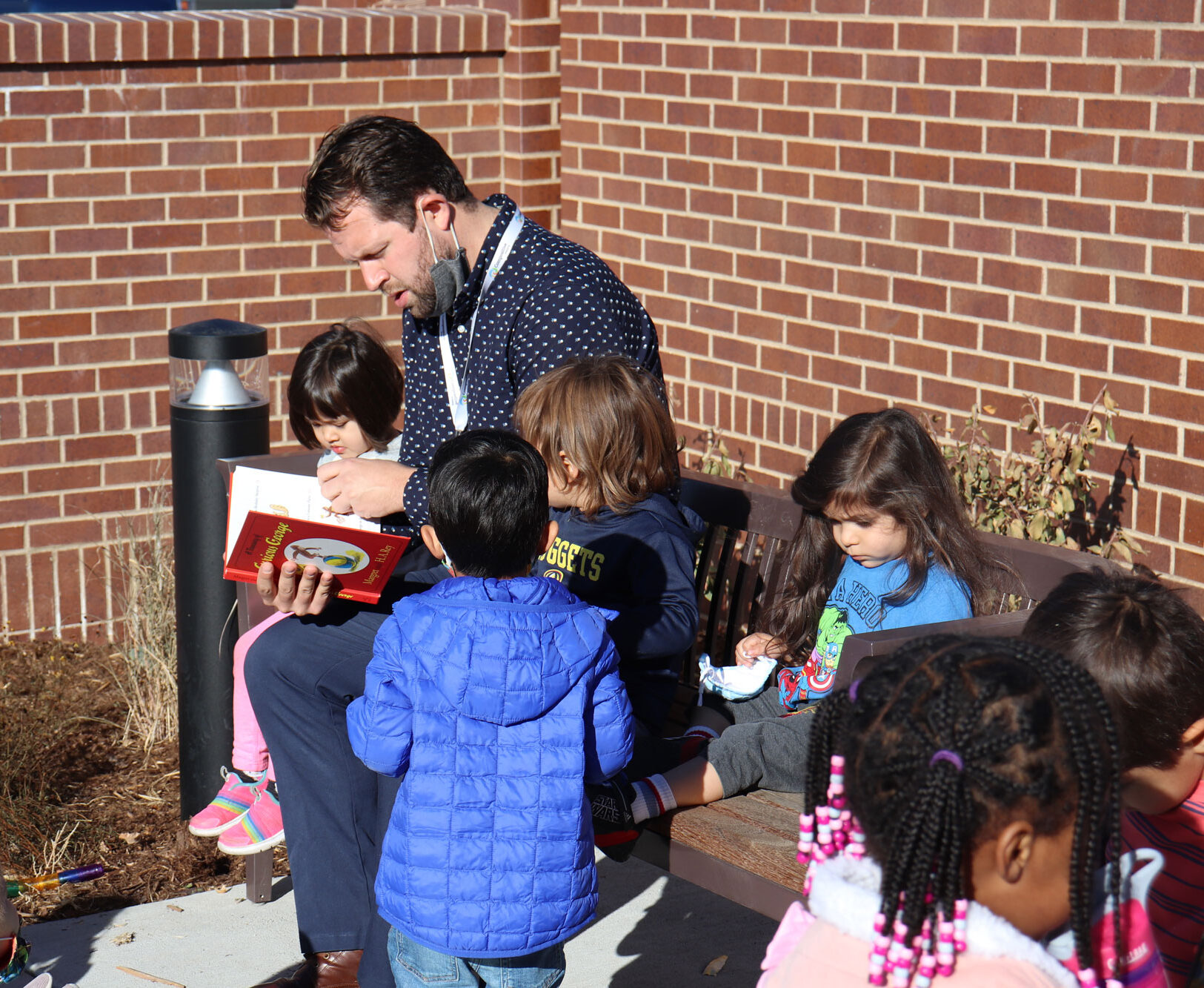
Hello everyone!
We’ve always known that human connection is important, but a worldwide pandemic has thrown this need into sharp focus. Relationships with others feed our souls and give us energy. At Compositive Primary, we believe strongly in our whole-child model that focuses on four domains: cognition, character, health and well-being, and community engagement. Through these domains, we seek to develop in all of our students four capacities: reflect and learn, recognize and act, care and connect, and engage and serve. And we have felt strongly from the beginning (we just opened in August 2019) that relationships with our families are instrumental in fulfilling our school’s mission of developing personal excellence in each of our students through these domains and capacities.
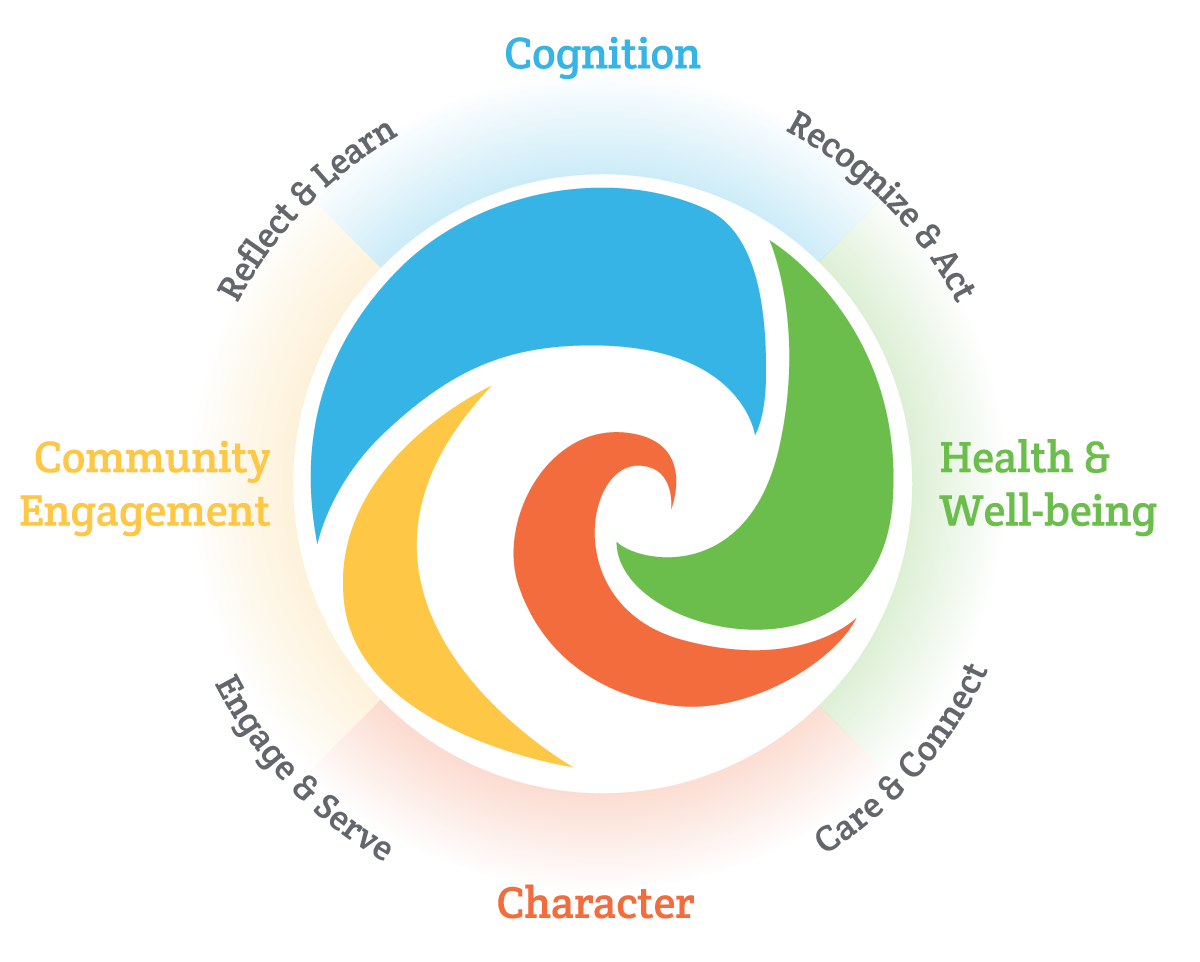
Let’s zoom in on the capacity to care and connect. We integrate this into everything we do because relationships are the foundation of effective teaching and learning. And we place equal value on making authentic connections with our families as well as with our students. Much of this connection happens organically, but this is a result of thoughtful and deliberate efforts to connect with our families and to connect them with one another. While we had much of this programming in place before COVID, we find it especially necessary now.
From the beginning, we try to find ways to connect with our families. Teachers send out welcome letters before the school year begins, and they meet with each student and family (this year on Zoom) to learn more about each other and begin to set goals for the year. Because our classrooms have multiple grades together (3-and-4-year-olds, kindergarten and first graders…), teachers and families have a chance to go deeper with their relationships. We already saw what a difference this makes this past fall as teachers reconnected with their students and families who would be with them for a second year. And for our new families, they learn quickly how much our teachers value their insights into their children – after all, they know them better than anyone.
Over the course of the year, teachers provide individualized weekly updates that share documentation of each students’ progress. Through narrative writing, photos, and video, families have more than a passing glimpse of what each day looks like for their children. This year we sadly can’t have visitors on campus, so this access is even more crucial in developing a sense of community and connection among our families. And when teachers do need to have potentially tough conversations about students, they’ve already developed a strong rapport with families. They know that teachers truly know their children, and this allows them to feel like they are allies rather than adversaries.
As far as documentation goes, we believe in conveying a true sense of each child to our families through a digital portfolio and student-led conferences. As mentioned before, teachers document student work frequently (our motto for documentation is All day. All the time. Every way you can think of). They share this documentation regularly, but they then take the extra step of introducing reflective practices with students. Students regularly look back at their learning and share their thoughts and feelings about various experiences. They have a voice in which moments to include in their portfolios because they know better than anyone why certain learning experiences were particularly meaningful. When families come together with teachers for student-led conferences, they see their children, some only three years old, taking charge of their learning and gaining important social emotional skills around awareness of themselves and others.
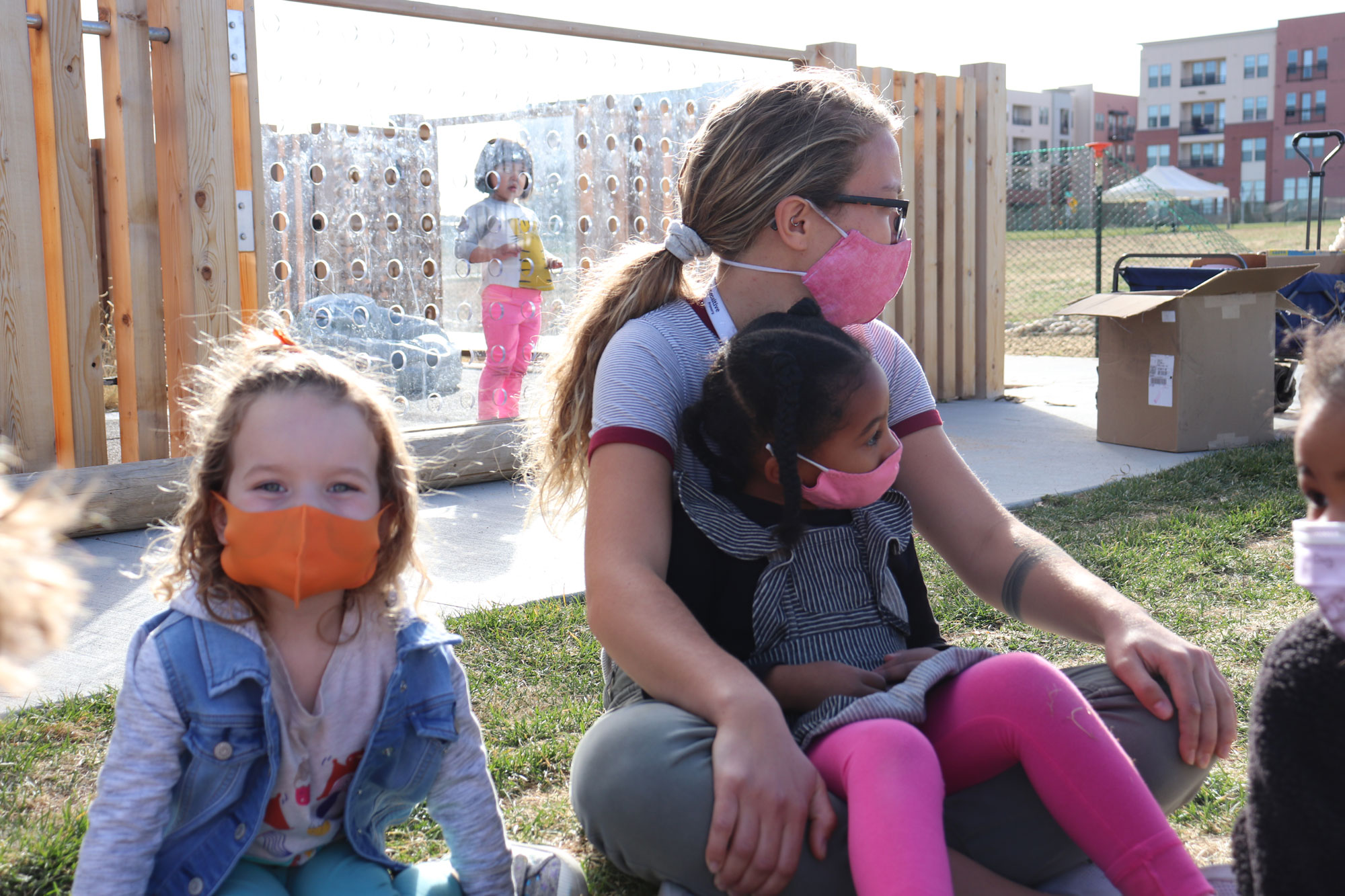
In addition to the multitude of ways that teachers connect with families, we as a school work hard to forge these relationships as well. Through monthly gatherings, we come together to share information and, simply, to be together. For some meetings, we use the time to provide deeper insight into our programming, perhaps sharing materials we use frequently in the classroom or asking families to grapple with an open-ended math problem to help them understand our philosophy and to understand more deeply what their children experience each day. Of course, this year, these gatherings are virtual, which poses its own challenges. Still, we’ve found that folks yearn for connection, and so our sole focus for our meetings is to bring people together to have the chance to get to know one another.
For our first “Grown-Up Gathering” this year, we asked people to come to the virtual meeting prepared to share a bit about a passion that they have. This was something we had done at our faculty meetings over the course of the previous year. I firmly believe that we need to know more about our colleagues than who they are at work, and when we can share of ourselves, we’re able to forge more meaningful relationships. This had worked well with our faculty, so we decided to invite parents and guardians to share similarly. The response was fantastic – parents and grandparents came together to share what they loved. Some spoke about getting out the vote, others shared a love of travel, and still others shared unique hobbies they had picked up during the pandemic. All of the conversations led to a connection among the group and opened the door for future conversations and connections. At the end of the meeting, we asked families about what topics might interest them for future meetings, and the response was clear: everyone wanted, more than anything else, to have a chance to connect. To laugh together, to be vulnerable with each other, and to grow together. We are excited to see how the year unfolds as we discover new ways to develop these all-important relationships.

